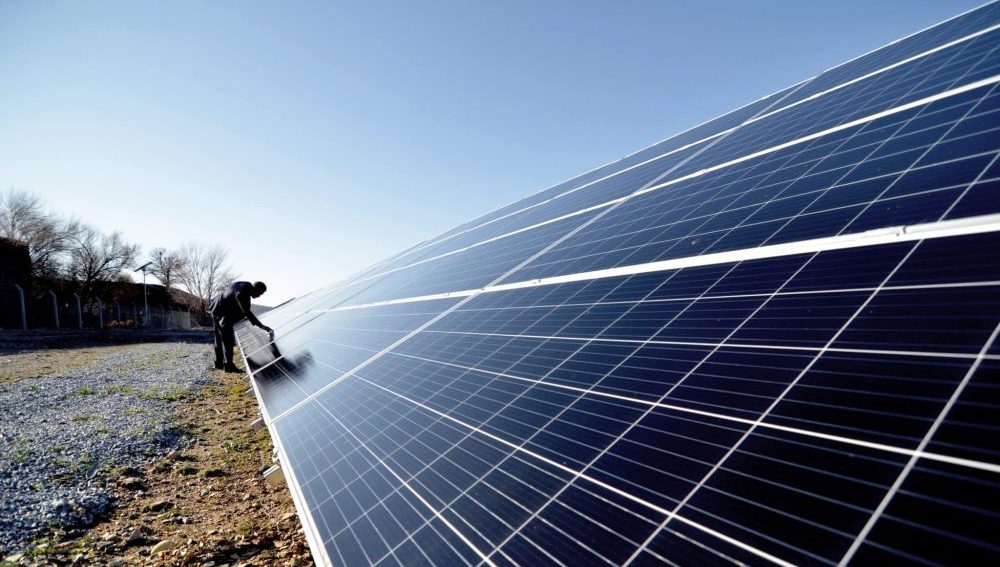The government is contemplating releasing energy-saving certificates and energy conservation bonds to encourage technological upgradation in the industries, Dr. Sardar Mohazzam, the Managing Director of the National Energy Efficiency and Conservation Authority (NEECA) said Friday while speaking at a public-private dialogue.
The dialogue on “Decarbonizing Pakistan Cement Sector: Pathways to Lever Net Zero Targets” was organized by Sustainable Development Policy Institute (SDPI) under the auspices of its Network for Clean Energy Transition in Pakistan: Research and Advocacy.
Dr. Mohazzam said that the cement sector holds immense potential for decarbonization and energy efficiency and we must analyze and take inspiration from policy initiatives being implemented in India and China.
He reiterated that energy security is a top priority for the government, but pricing remains a pertinent challenge in the uptake of renewables and decarbonization of hard-to-abate sectors.
He further said that a designated consumer regime equipped with benchmarks and energy audits to catalyze the uptake of renewables and emission reduction from the industrial sector is in the pipeline and will soon set the right regulatory direction for the sector.
Talha Khan, Executive Director, of Pakistan Environment Trust (PET) said that the carrot and stick approach will not work, as the government has not announced any tax incentives for the cement sector. He added that the insignificant foreign investment is not enough to bridge the financing gap needed for the decarbonization of the sector.
Syed Fawad Hussain Shah, Senior Assistant Manager, Center for Industrial & Building Energy Audits, (CIBEA) said that energy use by Pakistan’s cement sector generates 45 percent emissions, which is much higher than the global average.
He elucidated that the high carbon intensity of the sector can be traced to 85 percent coal consumption while the share of biomass and waste-to-energy is merely 0.02 percent. He stressed the need for improving public awareness regarding green cement and updating the Building Code of Pakistan to influence the sector to shift from grey to green cement, which is eco-friendly.
Farrukh Ahmad, Head of Environment, Bestway Cement, said that globally, the cement sector is sitting back on the issue of decarbonization and will take some years to realize why it is important to make a significant reduction in CO2 emissions. He further said that amidst financial testing times, the pressure on the industrial sector for emission reduction in the absence of tax exemptions and incentives is rather utopian thinking. He called for the simplification of the regulatory environment and incentives to promote growth in the sector.
Dr. Sajid Amin Javed, Deputy Executive Director (Research), SDPI, in his welcome remarks, said that significant emission reduction can be made possible by adopting innovative technologies of carbon capture and storage, which is a big challenge in Pakistan.
Deepak Krishnan, Associate Director, World Resource Institute (WRI) urged the governments and international institutions to facilitate emissions reduction by lowering the cost of technology and equipment and improving access to finance for industries.
He stressed developing practical and adoptable interventions that must be baked into planning from the start.






















